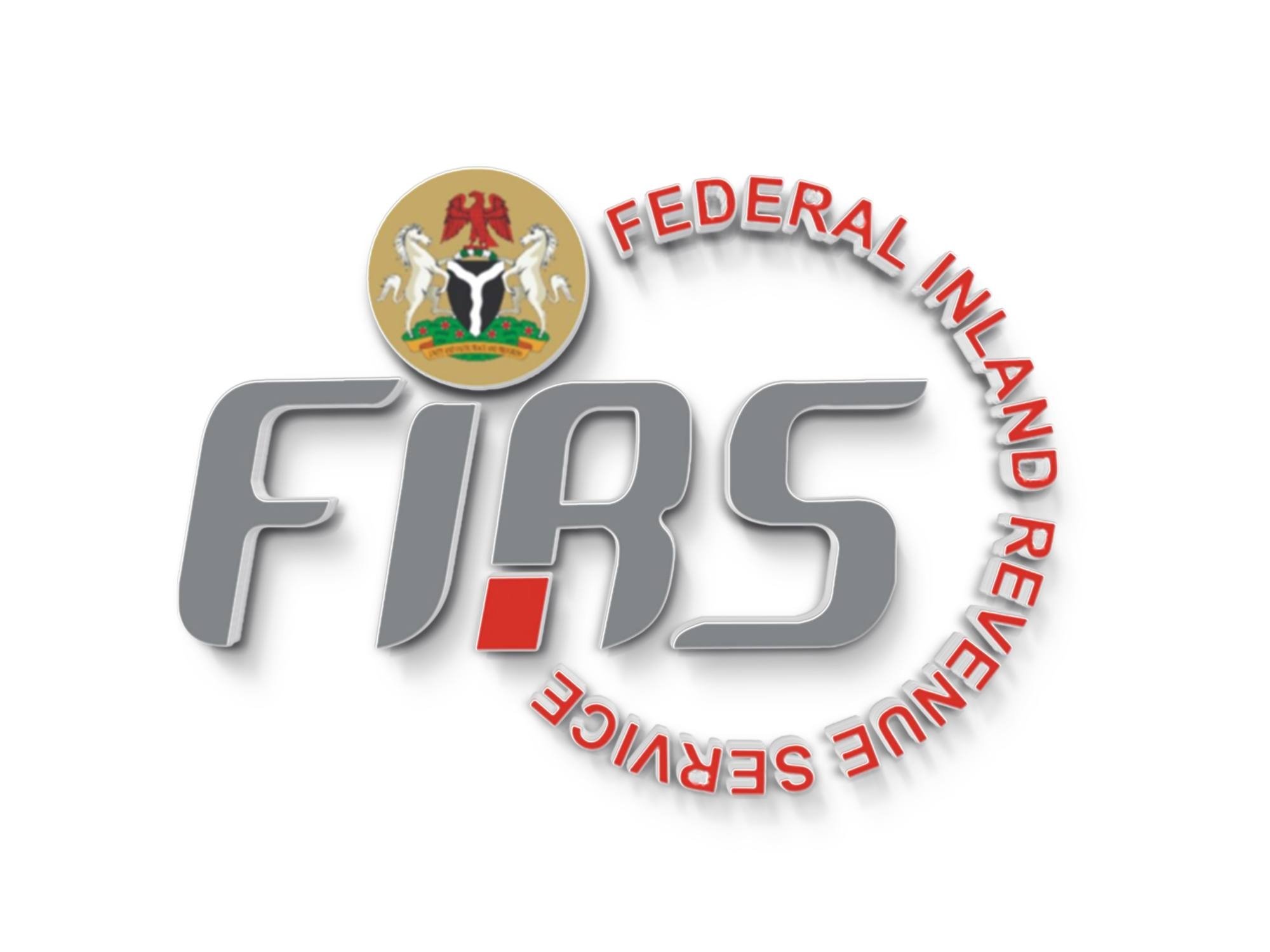Nigeria’s tax system is set for sweeping reforms as the Federal Government exempts food, education, shared transportation, and agriculture from value-added tax (VAT).
The Executive Chairman of the Federal Inland Revenue Service (FIRS), Zacch Adedeji, announced the reforms in an interview marking his second year in office, describing them as the most significant fiscal transformation since independence.
“With these new laws, food, education, transport, and agriculture will be VAT-free,” Adedeji said. “The President has fulfilled his promise to make businesses flourish by removing all burdens and hurdles. This is the best thing that has happened to Nigeria’s fiscal ecosystem since 1960.”
The reforms consolidate multiple tax laws into a single code that takes effect in January 2026. Key provisions include a reduction of tax types to single digits, simplified compliance for individuals and businesses, and relief for smaller enterprises. Companies with annual turnover below ₦50 million will be exempt from tax, while personal income tax thresholds have been adjusted to shield low-income earners.
President Bola Tinubu signed four major laws on June 26, 2025—the Nigeria Tax Act, Nigeria Tax Administration Act, Nigeria Revenue Service Establishment Act, and the Joint Revenue Board Establishment Act. Collectively known as the “Tax Acts Quartet,” the laws aim to broaden the tax base, enhance transparency, and strengthen compliance across all levels of government.
The reforms were designed by the Presidential Committee on Fiscal Policy and Tax Reforms, chaired by Taiwo Oyedele of PricewaterhouseCoopers. According to Adedeji, they are already yielding results, with Nigeria’s tax-to-GDP ratio rising from 10 percent to 13.5 percent in two years, and a target of 18 percent set for 2027.
In August, the Federation Account disbursed a record ₦2 trillion, with nearly 70 percent of monthly government allocations now generated from FIRS collections. Improved revenues have enabled 30 states to repay ₦1.85 trillion in debts within 18 months, while debt servicing costs have dropped from 90 percent to about 50 percent of government income.
As part of the changes, the FIRS will be renamed the Nigeria Revenue Service (NRS) to reflect its expanded mandate as a central tax authority for all tiers of government. “The word ‘federal’ gave the wrong impression that we only collect for the federal government,” Adedeji explained. “In reality, we collect VAT, of which 90 percent belongs to the states.”
He also credited Tinubu’s broader economic decisions, including fuel subsidy removal and exchange rate unification, with boosting fiscal stability. “The health of the federation account has blossomed greatly, as there are no bogus subsidy claims to deplete the pool,” he said.
While acknowledging that the reforms have created short-term hardship, Adedeji likened the situation to “the pain of a woman in labour.” He stressed that government interventions—such as compressed natural gas buses and crude-for-naira support for local refiners—are cushioning the impact, with fuel prices beginning to ease.
The new tax code also introduces stricter compliance measures. Taxpayers are now grouped into small, medium, and large categories, with one-stop shops created for filing and payments. “We are service providers to taxpayers rather than just an enforcement agency,” Adedeji noted.
On concerns about a petrol surcharge contained in the new law, he clarified that it would not apply automatically but only if activated by a ministerial order and published in the official gazette.
Urging Nigerians to embrace the reforms, Adedeji concluded: “When companies are doing well, expanding, and making profits, we will benefit from their growth. Our task is to remove hurdles in their way, and that is what the president has done with these new laws.”



